9 popular food myths debunked
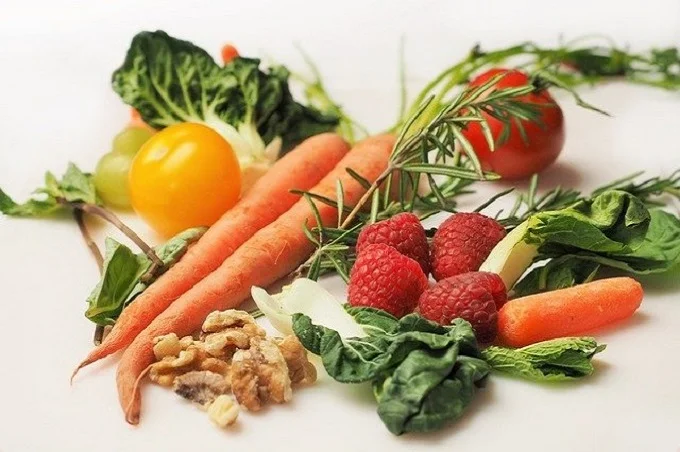
A contemporary individual is defined by an attentive attitude toward one’s health. A healthy lifestyle has indeed become stylish. In addition, it’s a touch mainstream. A healthy lifestyle is, above all, a discipline. As a result, new guidelines for health-conscious eaters develop regularly. However, not all stated rules are correct.
Strict guidelines that need to be reconsidered about food
People’s lives are continually becoming limited by the regulations that we encounter practically every day on the Internet. Of course, we’re talking about those who try to keep track of their health and eat well. These restrictions are growing more stringent over time. However, everything turns out to be a lot easier. So, what healthy eating misconceptions do we like debunking on the Internet? What does official science have to say about it?
To get the latest stories, install our app here
Coffee should only be had before lunch

On the Internet, there is a prevalent fallacy that coffee should only be consumed before noon, or else sleep patterns would be disrupted. Coffee’s tonic effect is, in reality, a wholly individual response. CYP1A2 is a unique gene found in the human body. It is the one who is in charge of caffeine metabolism and secretes a unique enzyme. As a result, all humans are categorized into three groups based on the quantity of this enzyme in their bodies:
- caffeine hypersensitivity;
- those who have a normal caffeine sensitivity;
- low sensitivity to caffeine.
People with normal caffeine sensitivity make up the biggest group. They are the ones who are advised not to consume coffee before sleep to maintain their routine—general advice: do not consume this beverage within 6 hours of going to bed. If a person has a strong sensitivity to caffeine, even a cup of coffee in the morning might cause sleeplessness. Drinking three cups of coffee before sleep isn’t alarming for a group with low sensitivity!
Consume fruits and vegetables that are high in antioxidants
Another widely held belief is that a certain fruit or vegetable is high in antioxidants. This is a natural global superhero: it battles free radicals and shields our bodies from unwanted effects. On the other hand, plants are all superheroes since they are all equally high in antioxidants!
Honey should not be heated rapidly
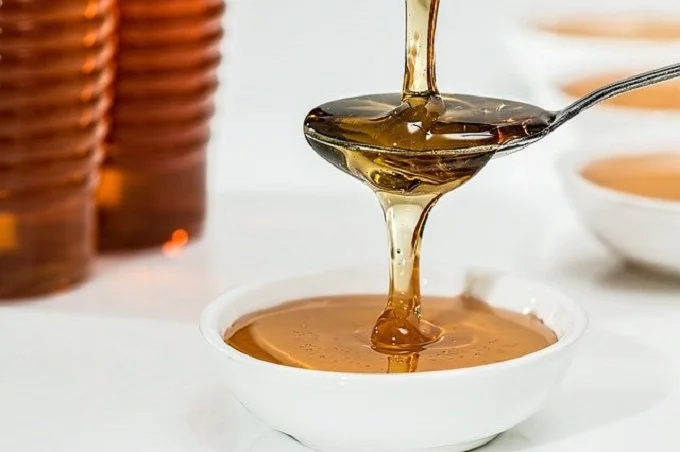
Do you enjoy your tea with a tablespoon of honey? You have the ability to accomplish it peacefully! This is because there is no evidence to support the widely held belief that when honey is heated, it produces the life-threatening carcinogen hydroxymethylfurfural. However, this ingredient is present in many items, not harmful. Doses of up to 30 mg are completely risk-free.
Gastritis is caused by carbon dioxide in beverages
Do you agree that carbonated beverages should not be consumed since they induce gastritis and other gastrointestinal diseases? On the other hand, carbon dioxide has been demonstrated in research to be safe for human health. Furthermore, it has advantages: for example, it relieves dyspepsia. As a result, you’ll be able to continue to enjoy delightful sparkling water.
Kitchen salt is poisonous
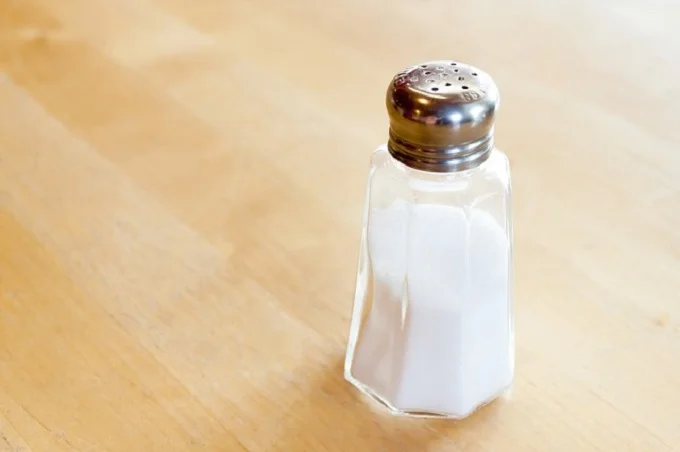
Another current trend is to use unusual salts instead of regular table salt. It’s tough to see the change since it’s so little. However, the makeup of all salts, including Iranian, black, Himalayan, and household salts, is almost the same. True, the presence of iodine is the sole important difference between these salts. Kitchen salt, by the way, triumphs here since it includes far more of this beneficial ingredient.
To get the latest stories, install our app here
Toxins build up in our bodies and must be eliminated
Recently, a slew of detox-style beverages has appeared at cafés. However, in 2009, the research concluded that detox is nothing more than a marketing technique. Even if it was a huge success. According to a retired professor of medicine, a person’s natural bodily capacities are typically adequate for cleaning.
Cancer is caused by red and processed meat
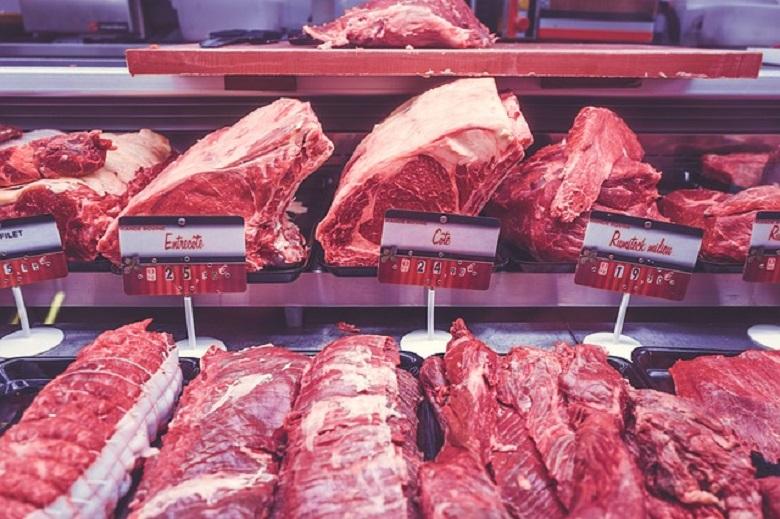
Have you previously cut red and processed meat out of your diet because you believe it promotes bowel cancer? There are, nevertheless, certain distinctions to be made. Perhaps you can bring red meat back to your table. This is because it is not considered recyclable. This is just a product with an extended shelf life.
Furthermore, according to specialists, there is no conclusive proof of this product’s carcinogenicity. Even 70 grams of fresh red meat every day is beneficial. When it comes to processed meat, it’s best to avoid it.
Yeast is a man-made product
Yeast, in reality, is an ancient substance that evolved organically thousands of years ago. Man “domesticated” them after that. As a result, although humans do nurture yeast, they do not make it. And the large list of complicated compounds found in contemporary yeast is just innocuous ingredients used to develop and enhance yeast. As a result, you should not be scared of them.
Mayonnaise is high in cholesterol
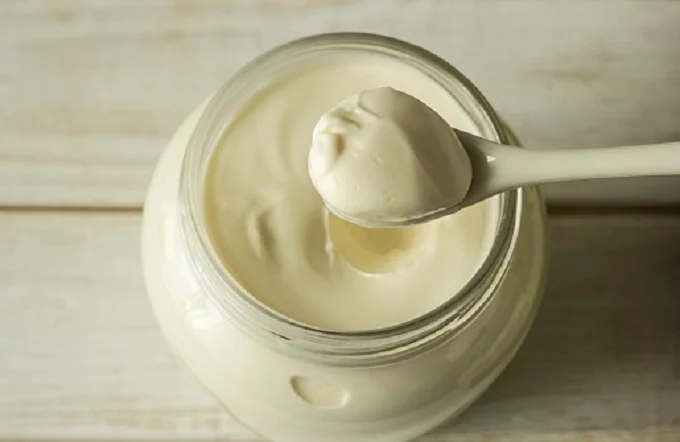
In a healthy lifestyle, fighting cholesterol is almost the first trend. Vegetable oil should be used instead of mayonnaise, according to popular opinion. But this is merely amusing since mayonnaise has a fat level of 50-80 percent, whereas butter has a fat content of 95-99 percent. Eggs are the source of cholesterol in mayonnaise. However, it would help if you weren’t concerned about so few of them.




